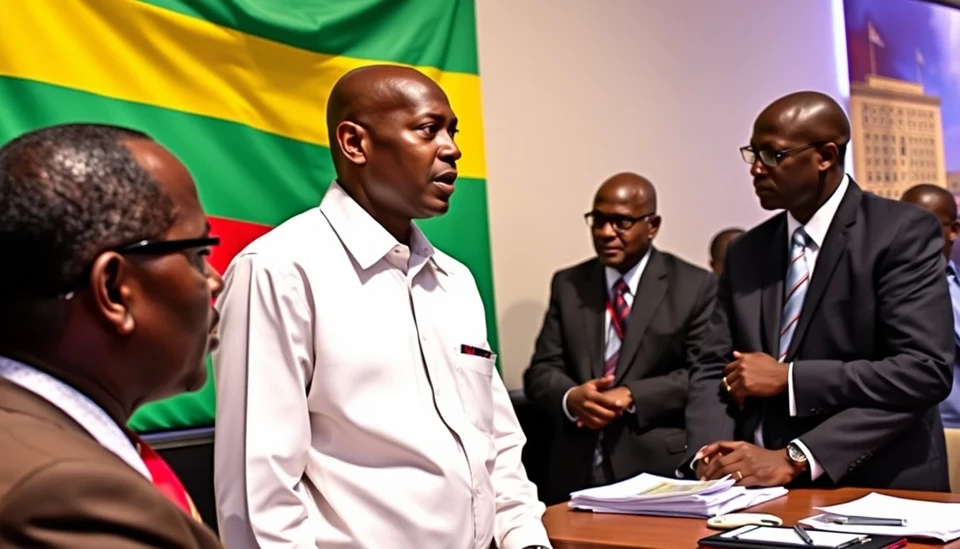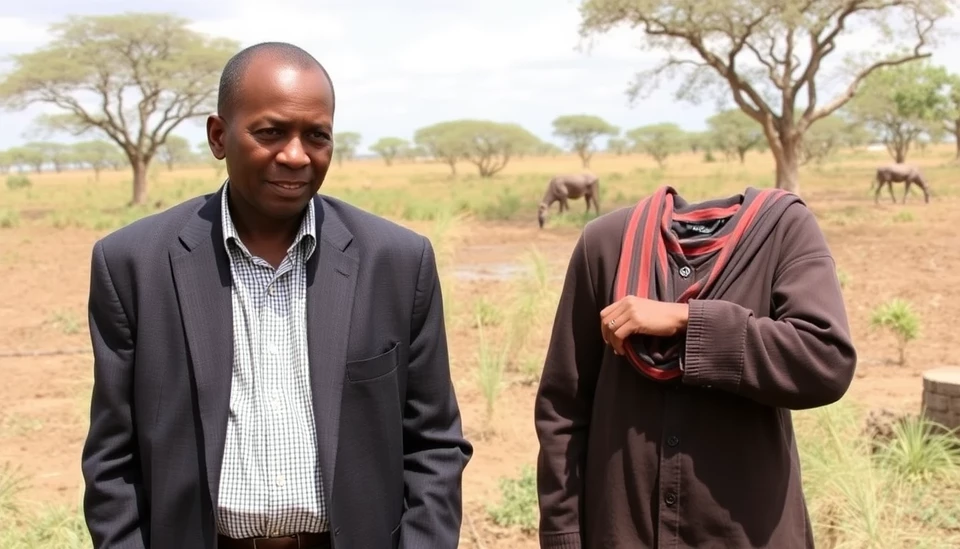
Zimbabwe's Finance Minister, Mthuli Ncube, has recently announced that the nation is amplifying its discussions with creditors regarding its overwhelming $21 billion debt burden. This debt, accumulated over years of economic turmoil and mismanagement, has become a significant barrier to the nation's growth and recovery. The Minister emphasized that addressing this financial albatross is crucial for the country's socio-economic stability and development.
In an exclusive interview, Ncube conveyed the urgency of the situation, mentioning that these debt talks are not only vital for gaining the confidence of international investors but are also integral to fulfilling the government's commitment to socio-economic reforms. The debt pertains to various foreign loans and domestic liabilities, which have spiraled out of control in recent years, intensifying the need for a comprehensive and coordinated approach to debt repayment and restructuring.
Ncube noted that the government is keen to engage in constructive dialogue, particularly with nations and international financial institutions that have shown willingness to renegotiate terms. He highlighted that the relationship with creditors must be maintained and potential partnerships developed to ensure the sustainability of the economy.
The Finance Minister's remarks come at a time when Zimbabwe is grappling with numerous challenges, including high inflation rates, currency depreciation, and persistent economic stagnation. These issues have made it nearly impossible for the government to meet its obligations, leaving it on the brink of default on several loans. The ongoing economic crisis has exacerbated poverty levels, with a significant portion of the population struggling to meet basic needs.
To proceed effectively, Ncube indicated that the government is also working on formulating a clear and actionable plan to stabilize the economy. This includes reform measures designed to increase transparency, improve fiscal discipline, and stimulate economic growth. The Minister insists that by demonstrating a commitment to these reforms, Zimbabwe will be able to foster trust and cooperation from its creditors.
The path to resolving this debt crisis is fraught with challenges. Zimbabwe faces skepticism from international lenders due to a rocky history of repayment defaults and political instability. Nevertheless, the current administration is eager to turn over a new leaf. Ncube's proactive stance aims to convince creditors of the government's dedication to reform and recovery.
As the country embarks on this crucial phase of negotiations, both domestic stakeholders and international observers are watching closely. There is a growing consensus that a successful resolution could serve as a turning point for Zimbabwe, ultimately unlocking the potential for recovery and development. The next few months will be critical in determining the future trajectory of Zimbabwe's economic landscape.
In conclusion, as discussions surrounding Zimbabwe's significant debt continue to escalate, the nation’s ability to navigate these complex negotiations will be pivotal in shaping its economic future. A successful debt restructuring could pave the way for sustainable growth, while failure to address these obligations might further entrench Zimbabwe in its current economic malaise.
#Zimbabwe #DebtCrisis #FinanceMinister #EconomicReforms #InternationalLenders #Investment #DebtRestructuring #MthuliNcube
Author: Laura Mitchell




